Pakistan in push to revive Afghan peace process
Islamabad presses Taliban to declare ‘unannounced ceasefire’
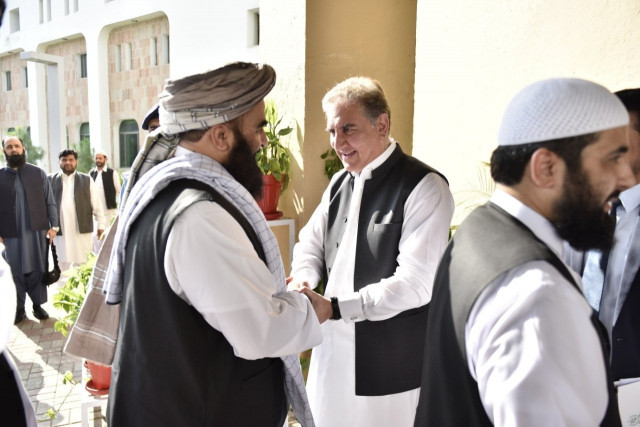
Islamabad presses Taliban to declare ‘unannounced ceasefire’. PHOTO: RADIO PAKISTAN/FILE
The two sides were scheduled to sign the deal in the first week of September.
President Donald Trump, who considers himself as a deal-maker, wanted to take full credit of the imminent peace agreement. And he had decided to invite the Afghan Taliban leaders at Camp David.
But the process hit a roadblock when certain officials within the Trump administration opposed the deal as a document of surrender.
Trump had to call off the meeting with the Taliban as well as peace talks.
What led to the collapse of year-long, painstaking talks was the refusal of the Taliban to agree to a ceasefire or reduce the level of violence in Afghanistan.
The Trump administration wanted to insert the new clause that would have mentioned the Taliban committing to a ceasefire in the proposed deal.
The insurgents group refused to change the already agreed deal with Zalmay Khalilzad, the US special envoy for Afghan reconciliation.
The deadlock prevented signing of the agreement, and Trump later declared the peace process as “dead”. But, Pakistan, which facilitated the process in Doha, has since been trying its best to revive the peace deal.
Pentagon chief in Afghanistan as US looks to kickstart Taliban talks
Earlier this month it hosted direct meeting between the Afghan Taliban delegation led by Mullah Baradar and Ambassador Khalilzad.
The two rounds of talks in Islamabad were part of efforts to bridge the gap between the two sides -- particularly on the issue of ceasefire.
A senior official with the knowledge of behind-the-scenes efforts told The Express Tribune that Pakistan has been pressing the Taliban to agree to a ceasefire or at least give a commitment for reducing the level of violence.
The official, who requested not to be named since he was not authorised to speak to the media on the subject, said in order to end the stalemate Pakistan had suggested the Taliban to agree on an “unannounced ceasefire” if they had any problem in making their decision public at this stage.
Pakistan, Afghan Taliban call for US to resume peace talks
The US side endorsed the idea and indicated resuming peace talks if the Taliban were ready to give the commitment for a ceasefire in private.
The US feels that a ceasefire even unannounced can create an environment conducive for the resumption of talks to finalise the peace deal.
The Taliban have so far not given any response to the proposal. But the two sides agreed to take some confidence-building measures before making progress on contentious issues.
The exchange of prisoners between the insurgents group and the US soon after the talks in Islamabad was part of those CBMs, added the official.
Pakistan is hopeful that despite the current deadlock, the process would resume soon. The chances of revival of talks are boosted with the unannounced visit of US Defense Secretary Mark Esper to Afghanistan on Sunday.
“The aim is to still get a peace agreement at some point, a political agreement, that is the best way forward,” Esper told the reporters traveling with him.

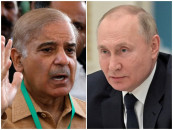
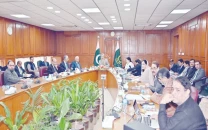

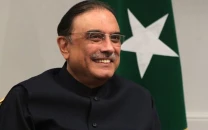
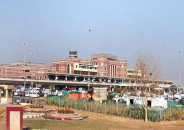













COMMENTS
Comments are moderated and generally will be posted if they are on-topic and not abusive.
For more information, please see our Comments FAQ